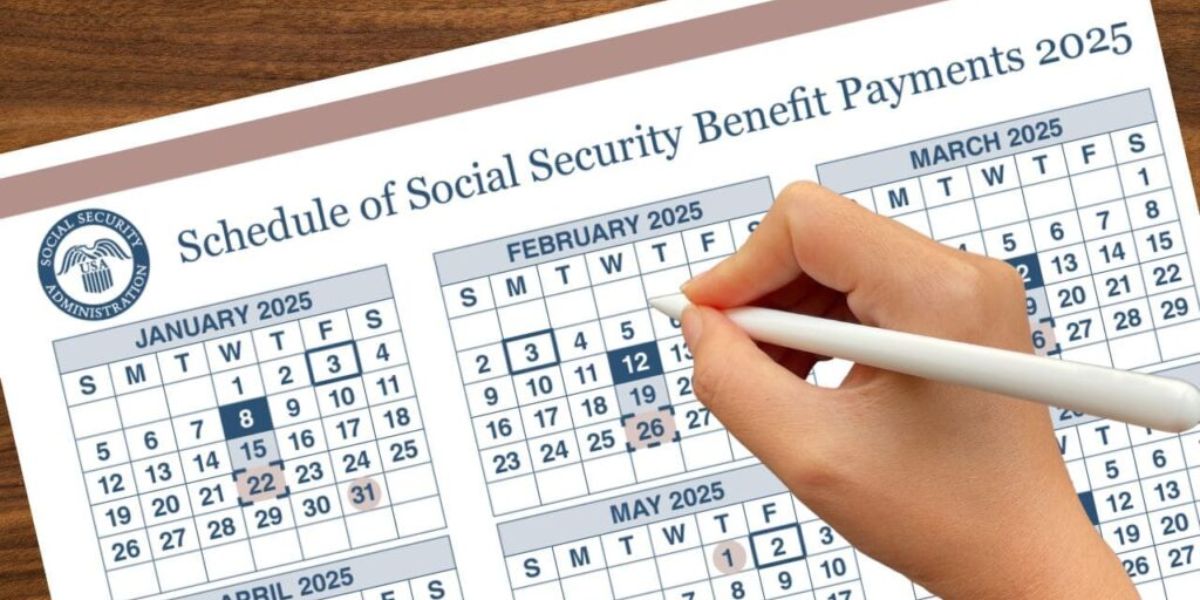We will share the February 2025 Social Security news in a way that is easy for everyone to understand, whether they are future retirees or inquisitive financial people who are presently enjoying their retirement.
The first important point is that your money will arrive between the 19th and the 26th of each month, on the second or third Wednesday.
What is the determining factor?
Regardless of whether you are receiving survivor benefits, disability, or team retirement. How much? There, things differ: years of service plus contributions equals your own number.
In February, certain Social Security recipients receive twice as much money
For beneficiaries who comply between the first and tenth of any given month, the first payment for the month of February was already sent on Wednesday, the 12th.
The payment will be made on Wednesday, the 19th, for individuals whose birthdays fall between the 11th and the 20th of any given month. For those whose birthdays fall after the 21st of any given month, the funds will be sent on February 26.
A storyline twist is as follows: February loses a day to March. Although it sounds strange, it’s not as strange as it seems. The Supplemental Security Income (SSI) payment will be made on February 28th because March 1st is a weekend.
For people who receive both benefits, that equates to two deposits in a single month. A cheerful pocket at the beginning of the year isn’t awful, is it?
2025 IRS Tax Refunds Are Here: Check the Dates and Find Out When You’ll Get Yours
Let’s discuss upper bounds. What would it be like to get $5,108 a month?
35 years of contributions (or 10 full years of employment, earning 20 work credits) is achievable, but it will require a lot of effort. As? In 2025, you receive one credit for every $1,810 you make, up to four credits annually. The prize is juicy, but it’s a marathon.
What if you’ve worked for 35 years already? The second criterion is that your monthly payment may increase by up to 32% if you wait until you are 70 years old to retire.
Consider this the “turbo mode” of your pension. Is it worthwhile? Of course, if your goal is to hit 90 while sipping margaritas on the beach!
Medicaid Coverage at Risk: How Many Will Lose Benefits if Match Rate is Eliminated?
This isn’t for everyone, so proceed with caution. It is preferable to start receiving benefits at full age (67 for most people) if your health or financial circumstances cannot wait.
Finding a balance between time and necessity is crucial.
To simulate situations, use the SSA calculator on their website. However, bear in mind that your Social Security check would be significantly smaller if you begin receiving benefits before the age of 70, 67, or even 62 (the minimum age permitted).








